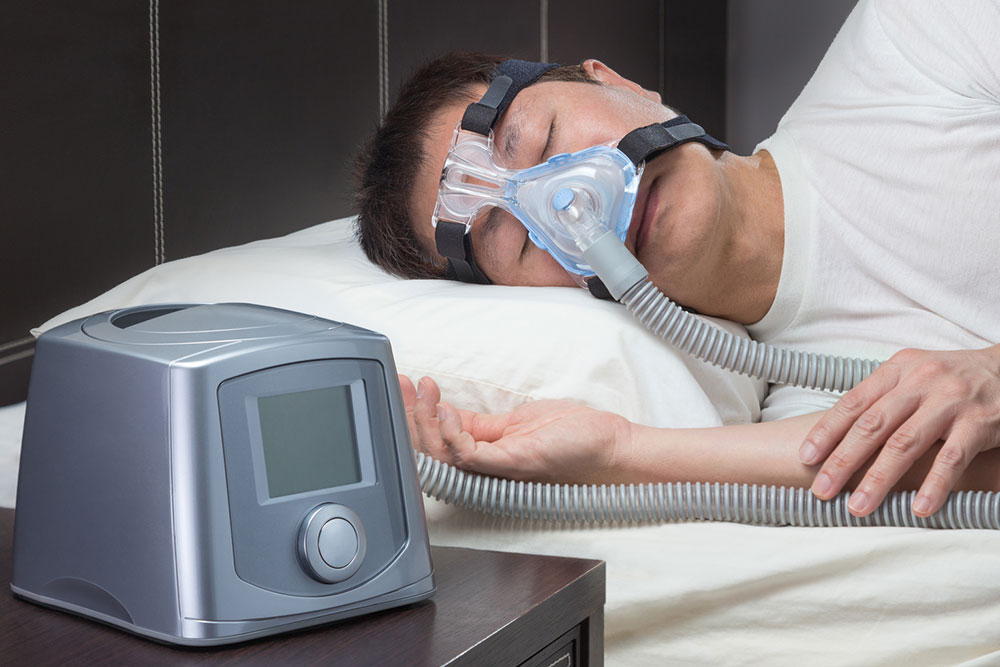
Things you need to know about sleep apnea
Do you feel asleep during day time? Are you able to sleep continuously for six hours throughout the night? Are you restless during the night? Is your partner really tired with your loud snoring? If you observe these symptoms with you, wait and confirm whether it is sleep apnea. The Greek word “apnea” virtually relates with “without breath.” Apnea is related to involuntary pause of respiratory functions that happens when the patient is asleep.
Symptoms of sleep apnea
Sleep apnea is a sleep disease attributed by pauses in breathing or episodes of shallow breathing during sleep. Every pause will last for a couple of seconds to a couple of minutes and that will be repeated for many days. In many apnea patients, this follows with loud snoring. There is also a possibility of a choking or snoring sound as respiratory functions stop during sleep. These conditions disrupt traditional sleep, patients could experience tired feeling throughout the day. It is dangerous for students and working individuals because it will have an effect on their work performance as it reduces concentration.
Types of sleep apnea
- Impeding
- Central
- Mixed
All the three types of sleep apnea are characterized by repeated interrupted respiratory functions throughout their sleep, generally for a second or longer. Impeding apnea, typically known as OSA in brief, is the most common form of apnea. In most cases, the patient is unaware of those breath stoppages and the patient lacks enthusiasm in their day time work.
Risk factors for sleep apnea
Few risk factors behind apnea include age over forty, massive neck size (greater than 16–17 inches), enlarged tonsils or tongue, tiny jaw bone, obesity, allergies, sinus issues, being male and a family history of apnea.
Research has stated that about thirty million individuals within the country suffer from sleep apnea. According to an article printed in 2013 concludes that sleep apnea disorder is considerably observed more in males up to 14% and in females 5%.
How to combat sleep apnea?
To overcome apnea, lifestyle changes like avoiding alcohol, losing weight, and sleeping on one side are recommended. Avoiding heavy meals before sleeping, avoiding painkillers and sleep medicines likewise, can figure out with positive changes in the apnea patients. Sleep routines should be followed strictly for better results.
Treatment options used for sleep apnea disorder are mouthpieces, respiratory devices, and surgery.
Bottom-Line
Sleep apnea should be noticed and diagnosed in time and treated immediately after diagnosis. Apnea if untreated, could upsurge the risks of stroke, heart attack, diabetes, heart failure, irregular heartbeat, obesity, and motor vehicle collisions.
Despite loads of information available on the web and with health care professionals, the majority of apnea patients stay unknown and thus untreated. Untreated, apnea will directly result in high-pressure level and alternative disorder, memory issues, weight gain, impotence, and headaches. Moreover, untreated apnea is also a cause for job impairment and car crashes.
Adequate sleep is essential for your physical as well as mental health. If you face any of the above-mentioned symptoms of sleep apnea, you should consult the doctor for the same.


